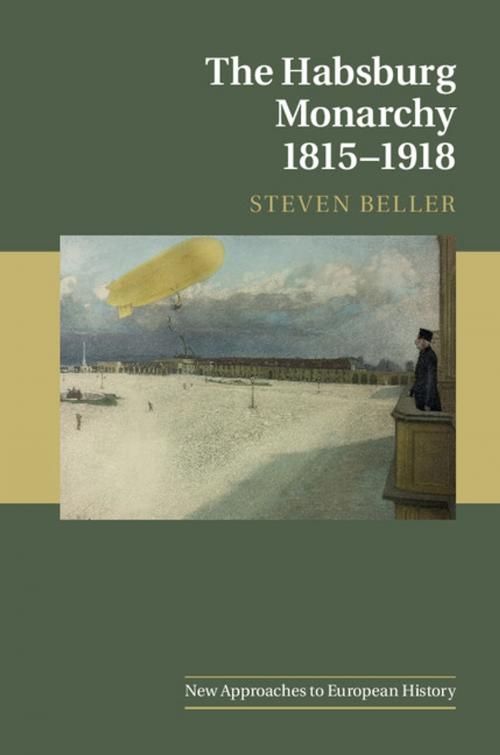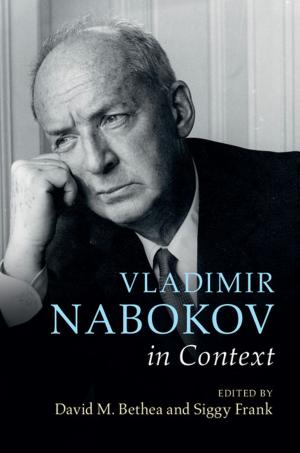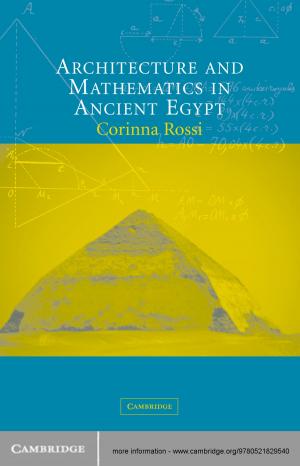| Author: | Steven Beller | ISBN: | 9781108565332 |
| Publisher: | Cambridge University Press | Publication: | May 10, 2018 |
| Imprint: | Cambridge University Press | Language: | English |
| Author: | Steven Beller |
| ISBN: | 9781108565332 |
| Publisher: | Cambridge University Press |
| Publication: | May 10, 2018 |
| Imprint: | Cambridge University Press |
| Language: | English |
This clear and compelling account of the Habsburg Monarchy in its last century explains why, a century after its disappearance, it has never been more relevant. With extensive discussion of recent historiographic controversies about the Monarchy's character and viability, Steven Beller presents a detailed account of the main strands of the Monarchy's political history and how its economic, social and cultural development interacted with this main narrative. While recognizing the importance of these larger trends, readers will learn how the historical accident of personality and the complexities of high politics and diplomacy still had a central impact on the Monarchy's fate. Although some would see the Monarchy as an atavistic irrelevance in the modern age, its multicultural, multinational experience and inclusive 'logic' was in many ways more relevant to our modernity than the nationalism that did so much to bring about its demise.
This clear and compelling account of the Habsburg Monarchy in its last century explains why, a century after its disappearance, it has never been more relevant. With extensive discussion of recent historiographic controversies about the Monarchy's character and viability, Steven Beller presents a detailed account of the main strands of the Monarchy's political history and how its economic, social and cultural development interacted with this main narrative. While recognizing the importance of these larger trends, readers will learn how the historical accident of personality and the complexities of high politics and diplomacy still had a central impact on the Monarchy's fate. Although some would see the Monarchy as an atavistic irrelevance in the modern age, its multicultural, multinational experience and inclusive 'logic' was in many ways more relevant to our modernity than the nationalism that did so much to bring about its demise.















